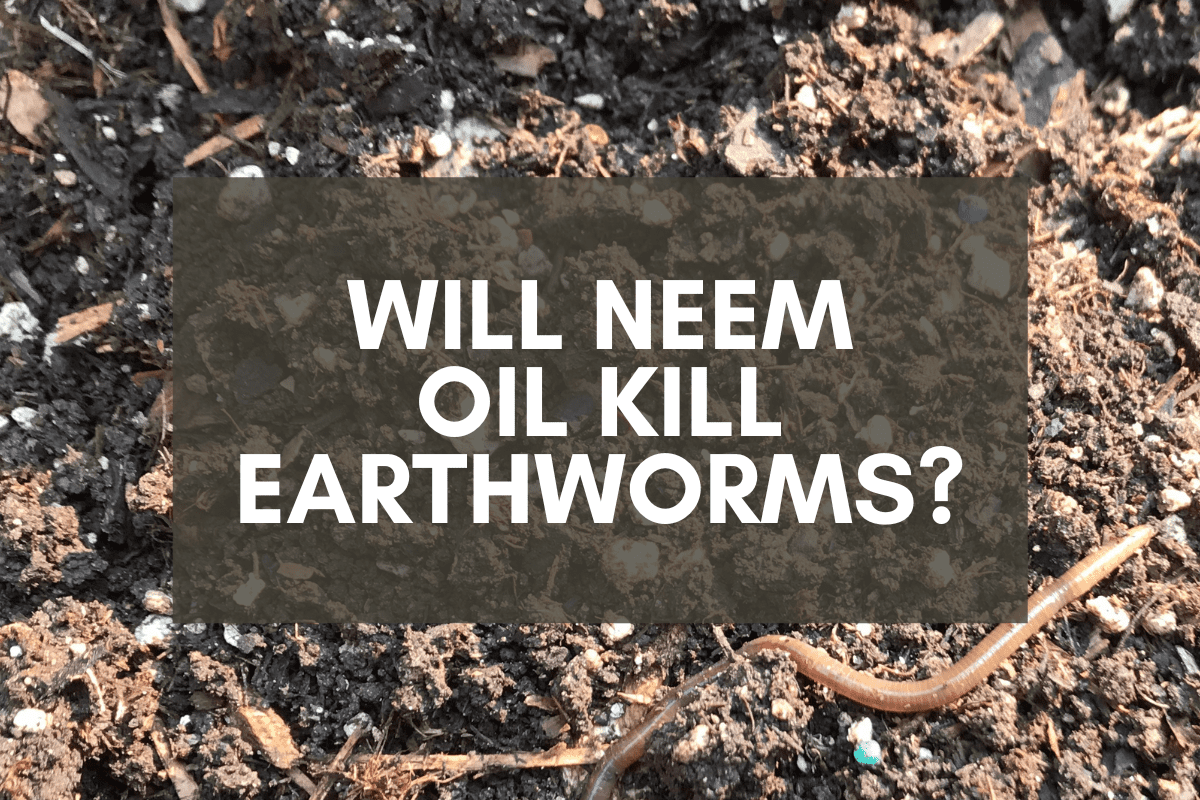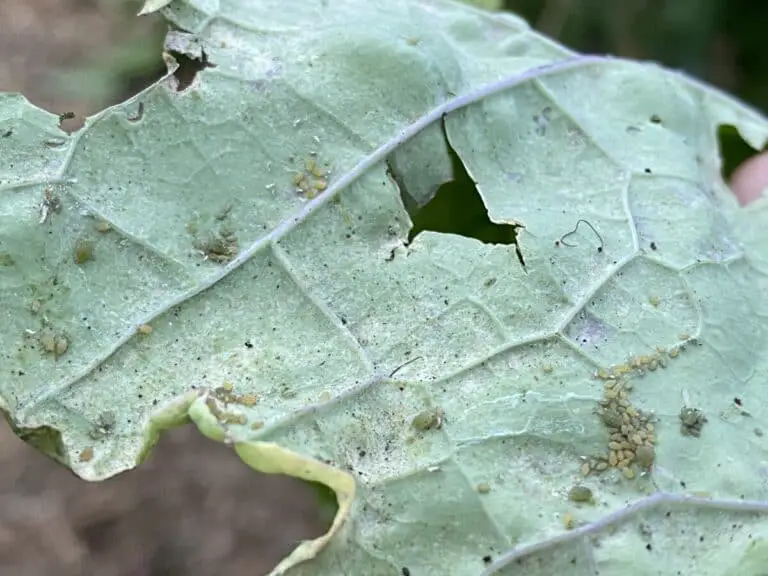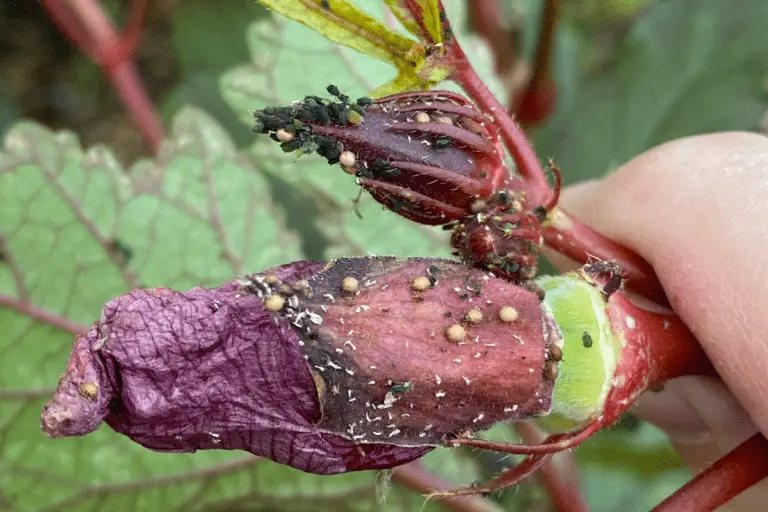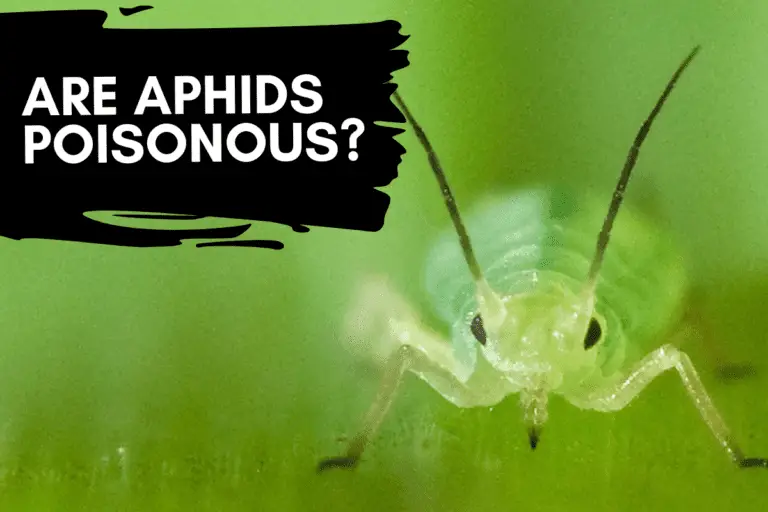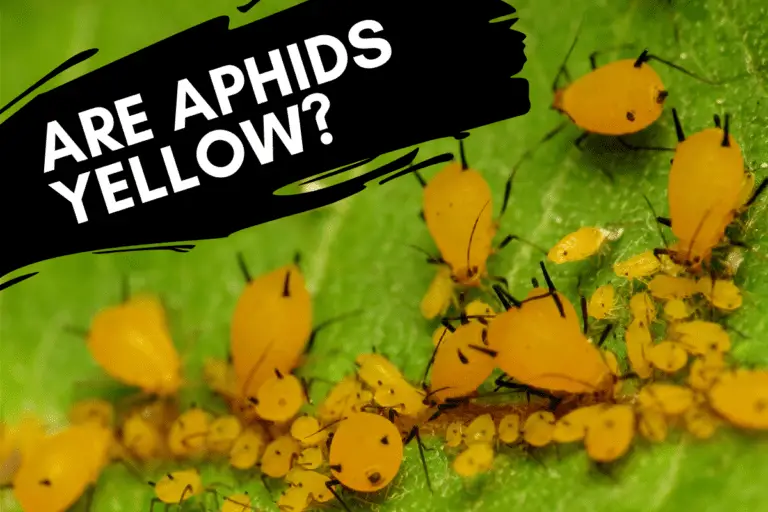Will Neem Oil Kill Earthworms? Scientists Weigh In
Neem oil is an incredible natural insecticide that will repel, harm, or kill over 200 different kinds of pests.
But what happens to earthworms when you spray your plants with neem oil? Are they harmed in any way?
Neem oil won’t harm or kill earthworms unless it’s applied in excessively high doses. If applied in normal, recommended amounts, neem oil has been shown to have positive effects on earthworm activity and reproduction, including a potential increase in the number of worms and their average weight.
But here’s what I’ve learned as I dug deep into the research: Relatively speaking, there aren’t that many studies examining the effects of neem oil on earthworm growth, activity, and reproduction. However, I’ve seen enough to make some confident assertions about the effects of neem oil on earthworms.
I’ll explain what I mean by “excessively high doses” in the research recap I provide below, but generally speaking, you aren’t likely to expose your plants to such high doses unless you’re super careless with your neem oil.
What Is Neem Oil Used For?
Before we look at the connections between neem oil and earthworms, let me cover a few basics for anyone who’s just starting to learn about neem oil.
If you already know where neem oil comes from and what kinds of effects it has on pests, pollinators, and predatory bugs alike, go ahead and skip to the next section. If not, read on!
Extracted from neem trees (Azadirachta indica), which are native to Africa and Asia, neem oil contains a natural chemical compound called azadirachtin, which causes all kinds of development, hormonal, and reproductive problems when ingested by invasive pests.
Thankfully, neem oil doesn’t harm pollinators, and it’s relatively safe for predatory bugs such as ladybugs and parasitoid wasps.
Neem oil works best against soft-bodied, foliage destroying bugs, and it’s been shown to repel, harm, or kill over 200 species. But unlike chemical insecticides, it doesn’t typically kill bugs on contact, so you’ll need to wait 4-7 days before you’ll likely see any results.
I’ve used neem to kill off aphids, armyworms, and spider mites, but each time I did, I wondered what kind of impact I might be having on the earthworms in my soil.
Now that we’ve covered the basics, let’s take a look at what scientists who’ve studied neem oil and earthworms have discovered in recent years.
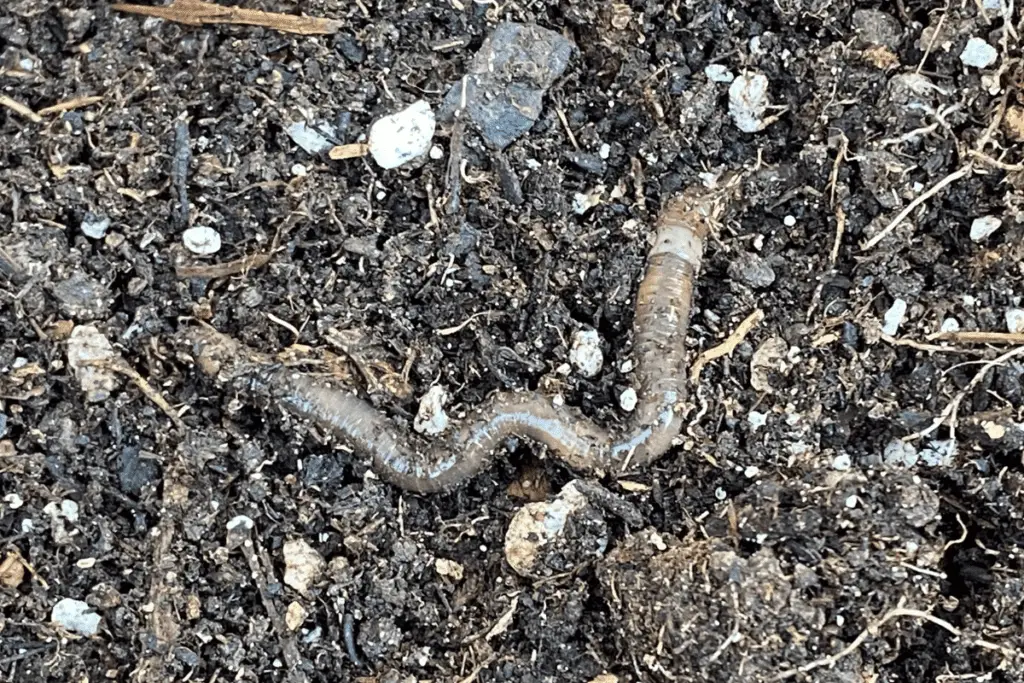
Is Neem Oil Harmful to Earthworms? A Scientific Roundup
Like so many gardeners, I looked for answers by reading gardening blogs to see what kind of effects neem oil might have on earthworms. Unfortunately, most of the sites I reviewed made claims about neem oil and earthworms without backing those claims up with any scientific evidence.
My goal in this article is to provide an overview of what happens to earthworms when they encounter neem tree byproducts (oil, leaves, cakes, or extracts) in the soil.
Here’s a very quick recap of what scientists have learned about neem oil’s impacts on earthworms:
- Research on neem and earthworms showed that, in general, neem didn’t harm earthworms, but if applied in high concentrations, it shrunk earthworms’ epidermis and caused cellular damage.
- Several scientists in India looked at the impact of azadirachtin (the primary chemical in neem oil) and determined that azadirachtin had positive effects on earthworms, increasing earthworms’ weight and their ability to both produce offspring and generate castings.
- A team of researchers in Sri Lanka found that neem oil cakes led to decreases in earthworm biomass in the first 5-6 inches of soil, supposedly due to the “clogging” qualities of neem cakes.
- A study by a team of Nigerian scientists looked at the impact of neem bark and neem leaf extracts on termites and earthworms alike and concluded that neem tree oils had minor negative impacts on earthworms, reducing their overall weight and causing them to burrow at slower rates.
- Another study looked at the impact of neem leaves and extract on earthworms and concluded that, at least in the greenhouse, neem led to a 25% increase in the number of worms (although this increase wasn’t seen in their outdoor field trial).
In other words, the studies present a more nuanced view of neem’s impact on earthworms than various bloggers have suggested.
It seems that neem products can potentially increase earthworm’s size and fecundity, but some evidence exists that sends a cautionary message: If possible, these studies suggest, neem should be used carefully and in accordance with all manufacturer instructions. If overdone, neem oil won’t kill earthworms, but according to the few studies we have, iit might stunt their growth and decrease their activity.
When looking at this research, I think you should keep three things in mind:
First, as I noted above, there hasn’t been a lot of research examining neem’s impact on earthworms. When I started digging into the scientific archive, I was actually surprised by how few studies had been conducted on this topic.
Second, none of these studies examined the impact of neem oil soil drenches on earthworm growth and activity. Unlike foliar sprays, soil drenches work when the plant absorbs the azadirachtin through its root system and distributes it throughout, harming any pests that pierce or chew its leaves or branches. Given the lack of scientific study, whenever I mix up a neem oil soil drench, I always dilute the mixture more than I would if it were a foliar spray. More on that below.
Third, as several scientists have noted, it’s not always clear from the scientific literature how much azadirachtin is present in the different neem leaves, extracts, and oils that have been tested over the years. We know that azadirachtin is the chemical that makes neem oil so effective, but it’s difficult to draw general conclusions from studies where the researchers didn’t closely monitor azadirachtin concentrations.
Despite these shortcomings in the research, I think I can safely say that neem oil, when applied properly, won’t harm your earthworms. It might even help them.
But please take care to mix your neem oil properly. If you aren’t paying attention and overdo the neem oil, you might unintentionally harm the earthworms in your soil.
Whether this is your first time considering neem oil or not, please follow the instructions I’ve provided below to create two effective neem oil treatments: a foliar spray for your plants and a drench for your soil.
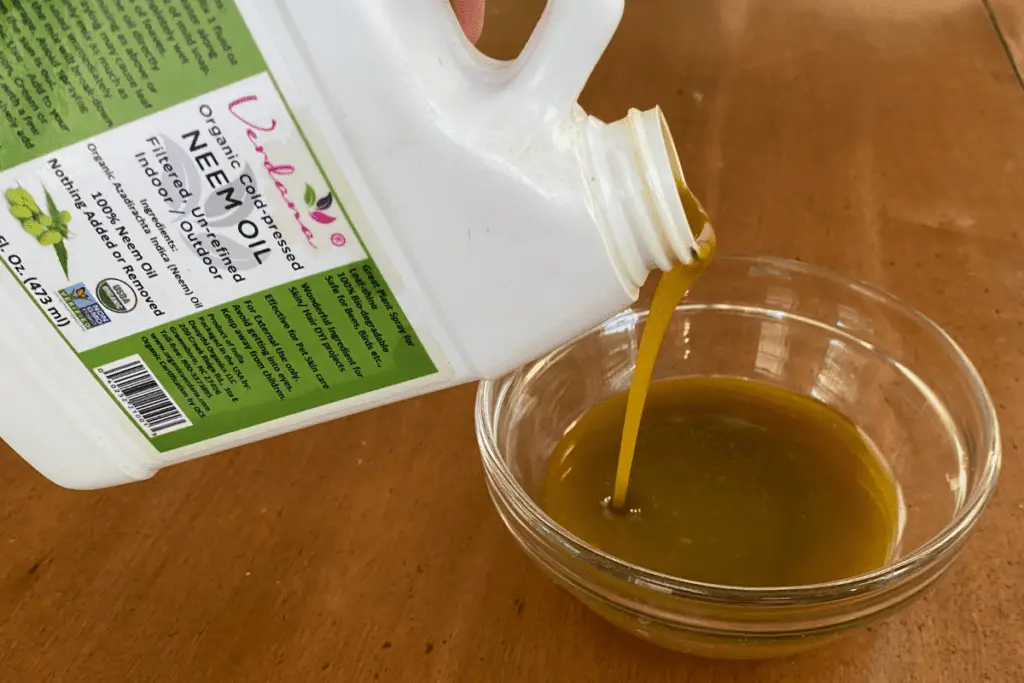
How to Use Neem Oil on Plants
When it comes to making an effective neem oil spray, I recommend this step-by-step process.
If you want a detailed explanation of each step, click the link above and read the article I’ve posted there, but here’s a quick overview of how I mix and use a neem oil foliar spray:
- Step 1: Fill a ½ gallon or 1 gallon garden sprayer with water.
- Step 2: Add 2 tablespoons of neem oil per gallon of water: 1 tablespoon for a ½ gallon sprayer, 2 tablespoons for a 1 gallon sprayer, and 4 tablespoons for a 2 gallon sprayer.
- Step 3: Add 1 tablespoon of natural liquid soap per gallon of water.
- Step 4: Tighten the twist-on cap, shake well, then pressurize the sprayer.
- Step 5: Neem oil doesn’t last very long once it’s been diluted, so mix it late in the afternoon, once the sun has started to set, and spray your plants immediately.
- Step 6: Beginning at the bottom of the plant, spray upward from different angles in order to get the undersides of the plant’s foliage.
- Step 7: Spray at downward angels, starting from the top of the plant and working your way down.
Neem oil is safe to use on your garden plants, but be careful to spray only later in the day. If you spray earlier, you might burn your plants.
If you ever feel that you’ve used too much neem oil on your plants, you don’t need to worry. You can easily wash it off and try again in a day or two.
If you’d like to use neem oil but also want to harvest your veggies, I’ve got some suggestions for you to consider before you begin spraying your plants. I typically recommend waiting a few days after spraying before harvesting.
But if you need to harvest immediately, follow these instructions to make sure that your veggies have been thoroughly cleaned and rinsed prior to eating.
How to Apply Neem Oil to Soil
In general, I don’t apply neem oil soil drenches all that often. I typically mix small batches of neem oil spray in a ½ gallon sprayer and use up everything during a single application.
But there have been times–especially with my tomato plants–that I’ve had to get more aggressive.
Neem oil works well on tomato plants since it’s effective against pesky aphids and spider mites, but as tomato plants get larger, you run into two problems:
First, there’s lots of foliage and thus many places for small pests to hide. If you don’t get enough coverage with your neem oil spray, those pests will remain alive and continue reproducing on your plant.
Second, as pests attack tomato plants, the plant’s foliage curls up as a defense mechanism. Unfortunately, the curling leaves make it all the more difficult to spray all surfaces of the plant with neem oil, which further exacerbates the problem as the pests remain alive and the plant continues to curl its leaves in response.
If you’d like to learn more about this process and read about how I’ve fought back against tomato-destroying pests, check out these articles:
- Are Aphids Good or Bad? Everything You Need to Know
- Can Plants Recover from Spider Mites? What You Need to Know
- Using Neem Oil to Kill Spider Mites: A Complete Guide
- Will Spider Mites Spread to Other Plants?
Long story short, when my tomato plants get attacked by small pests, especially aphids and spider mites, I’ve found that soil drenches are a helpful step at times since the foliar spray can only do so much. With the soil drench, I’m hoping to circulate neem oil throughout the plant’s tissue so that, no matter how much foliage cover they have, the bugs will ingest trace amounts of azadirachtin and thus begin to die off.
With soil drenches, I err a bit on the safe side and dilute my neem oil a bit more than I do with my foliar sprays. I follow the same method noted above, but I begin by adding only 1 tablespoon of neem oil per gallon of water.
If my plants seem like they’re handling the soil drench well, I might increase the concentration a bit as time goes on.
Again, I don’t do neem oil soil drenches all that often, but if I’ve got a pesky infestation that just won’t seem to go away, I’ll add soil drenches to my treatment plan to take a more aggressive approach to stopping the infestation.
The good news is this: Whenever I pull up my plants at the end of the season, I always see plenty of earthworms in my soil!
Although there’s not yet any research on the impact of neem oil soil drenches on earthworms, I feel confident that I’m using neem oil concentrations that don’t harm my native earthworm population.
Further Reading
If you’re interested in reading more about neem oil, I recommend taking a look at these additional articles:
